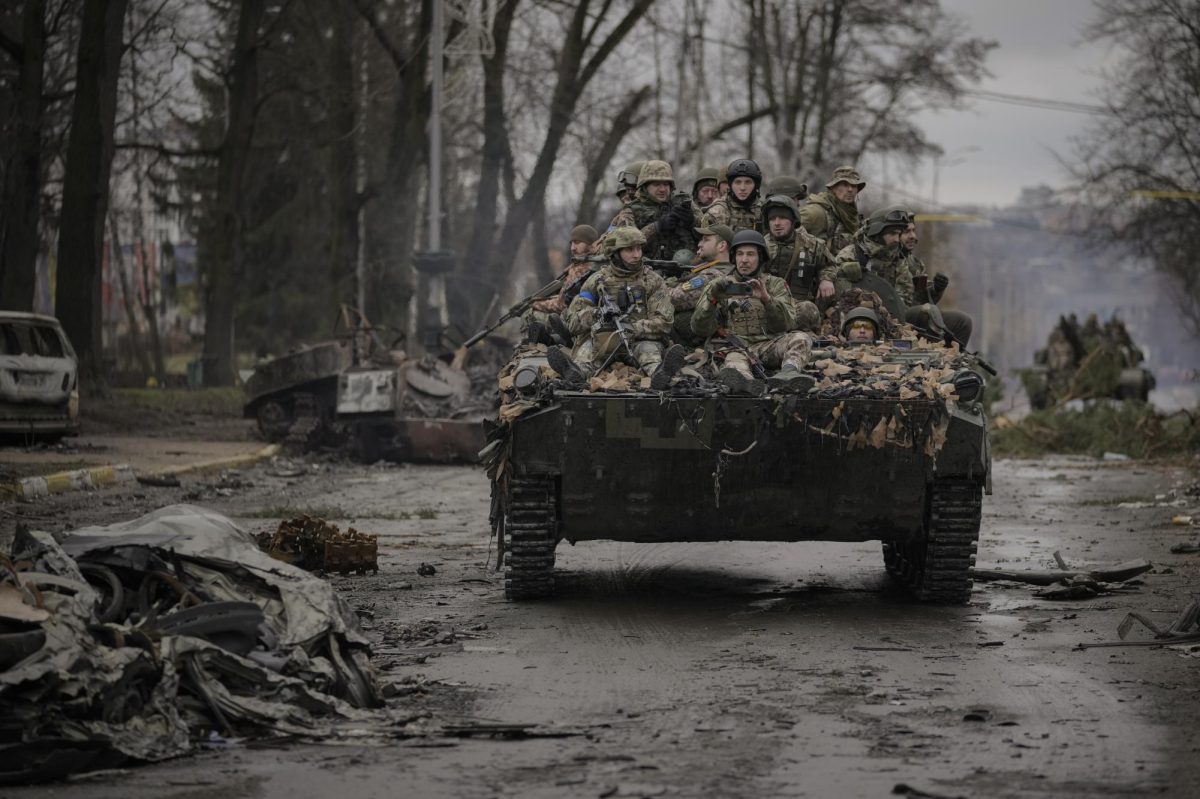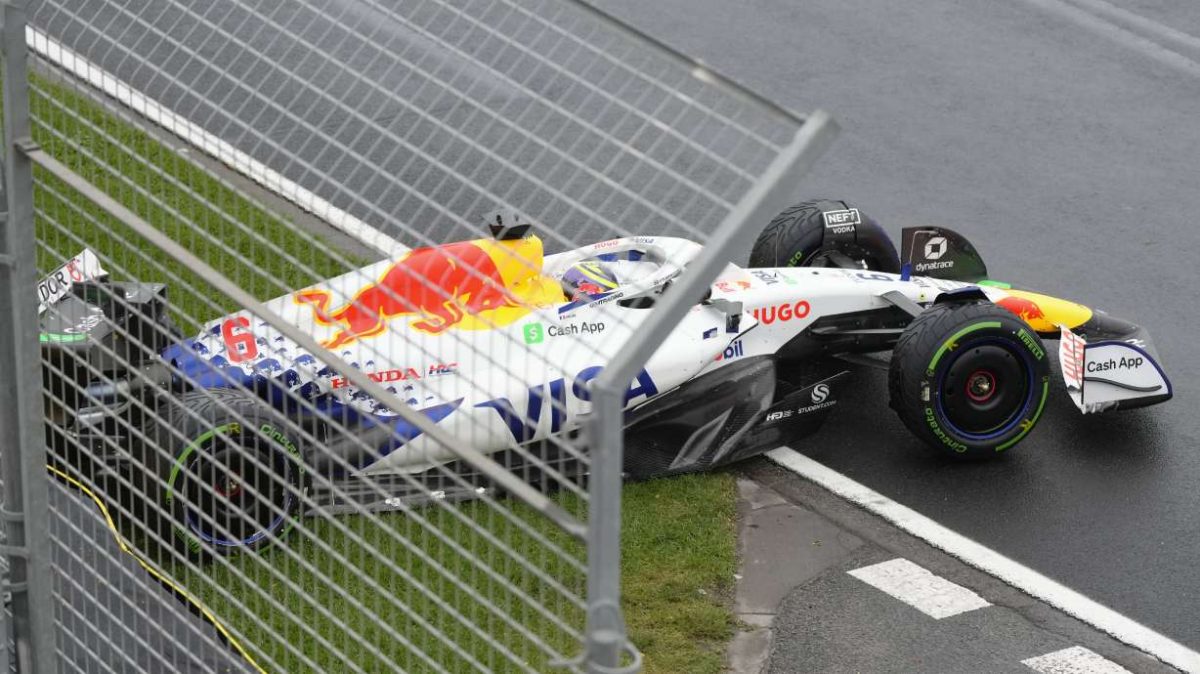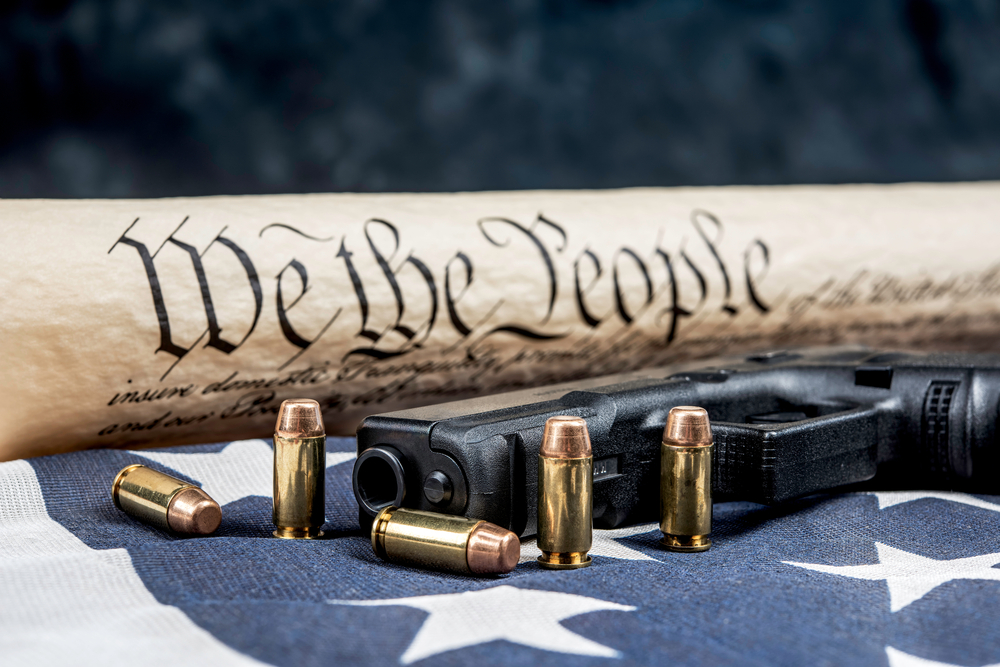The war between Ukraine and Russia has recently developed a crucial moment, with global leaders debating potential resolutions. President Trump went viral last week by labeling Ukrainian President Volodymyr Zelenskyy a “dictator.” Mr. Trump said that Zelenskyy is no longer a democratically elected leader, citing Ukraine’s decision to postpone elections. Yet, it is important to note that Ukraine remains under martial law due to the ongoing war, which legally restricts democratic processes in the country.
Diplomatic Efforts and U.S. Policy
Last week U.S. Secretary of State Marco Rubio engaged in negotiations with Russia’s Foreign Affairs Minister, Sergey Lavrov, seeking a possible solution to the war. Meanwhile, President Trump has repeatedly stated that he will bring an end to the conflict during his administration, though details of his strategy remain unclear.
President Trump’s foreign policy to take on the war has generated debate among the GOP. Some Republican senators associated with a strong stance on democracy and global stability have expressed support for President Trump. South Carolina Senator Lindsey Graham, in an interview to POLITICO, remarked, “I don’t care if they talk, I don’t care if they go on vacation. It doesn’t matter to me what you do as long as you get it right,” referring to the administration diplomatic efforts.
The European Union and Ukraine’s NATO Ambitions
Last week European Union leaders met in Paris to examine resolutions to the war. A key point of contention remains Ukraine’s bid to join NATO—a move by Zelenskyy aimed at preventing future Russian aggression. However, Russia has long opposed Ukraine’s NATO membership, arguing that it threatens its regional security.
A Dramatic Shift in U.S. Foreign Policy
The United States joined Russia in voting against a UN General Assembly resolution condemning Russia’s war against Ukraine. The vote placed by the U.S. was a dramatic shift in foreign policy with its longtime European allies and instead aligned it with Russia’s stance on the war during the third anniversary of Moscow’s full-scale invasion of Ukraine.
Later that day, the U.S. again voted the same way as Russia on a U.S.-proposed UN Security Council resolution that did not call the Kremlin the aggressor or acknowledge Ukraine’s territorial integrity. The resolution passed without the support of five European members of the Security Council.
The U.S. alignment with Russia at the United Nations came as the Trump administration pursued discussions with Moscow about ending the war. President Trump has escalated his rhetoric towards Ukrainian President Volodymyr Zelenskyy. European partners rush to adjust to the shift in U.S. policy, and French President Emmanuel Macron met with President Trump at the White House to discuss the implications of this change.
The European-backed General Assembly resolution was adopted with 93 votes in favor. It noted “with concern the full-scale invasion of Ukraine by the Russian Federation has persisted for three years and continues to have devastating and long-lasting consequences not only for Ukraine, but also for other regions and global stability.” It also called for “a de-escalation, an early cessation of hostilities, and a peaceful resolution of the war against Ukraine.”
However, the U.S. introduced a rival General Assembly resolution that did not call Russia the aggressor or acknowledge Ukraine’s territorial integrity. Instead, it “implores a swift end to the conflict and further urges a lasting peace between Ukraine and Russia.” It mourns “the tragic loss of life throughout the Russia-Ukraine conflict” and reiterates that “the principal purpose of the United Nations, as expressed in the United Nations Charter, is to maintain international peace and security and to peacefully settle disputes.”
The Uncertain Future
A persisting question is whether President Trump will align with Russian President Vladimir Putin on NATO and broader Western policy. Mr. Trump insists he can negotiate an agreement where the Biden administration has failed.
With ongoing diplomatic maneuvering and political divisions, the fate of the Ukraine-Russia war remains uncertain. The next weeks will be critical in determining whether a lasting peace agreement is within reach or if the war will continue to reshape the geopolitical landscape for years to come.









